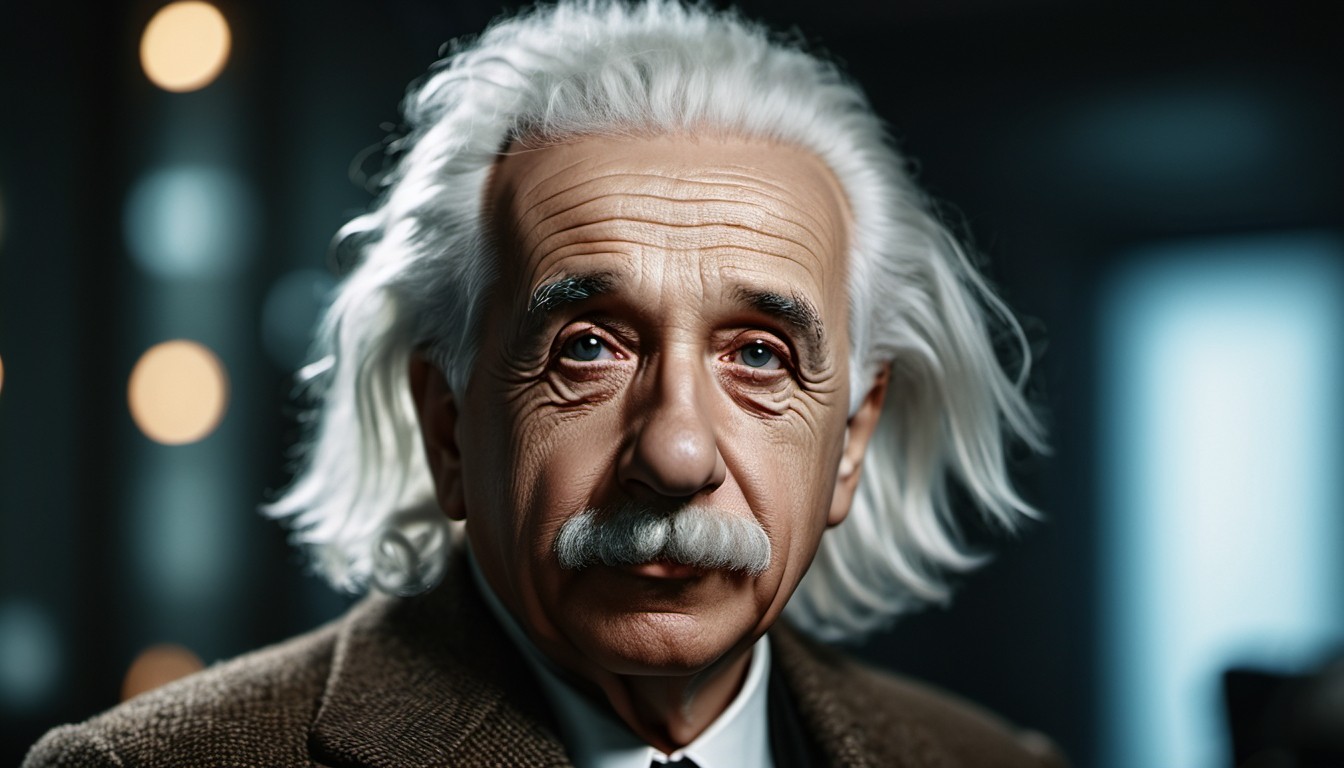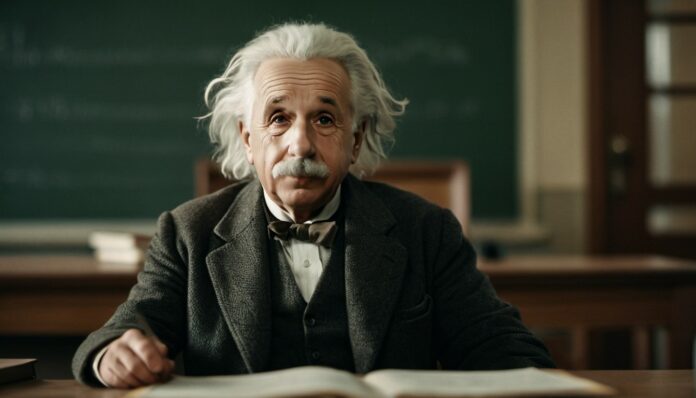One of the most pervasive and surprising myths about Albert Einstein is the claim that he failed math as a student. This story has been repeated countless times, often to illustrate the idea that even geniuses can struggle academically.
But is there any truth to this claim? Let’s explore the origins of this myth and uncover the real story behind Einstein’s academic performance.
The Myth: Einstein Failed Math
The myth suggests that Albert Einstein, one of the greatest scientific minds in history, failed mathematics during his school years. This tale is often used to inspire students, suggesting that even those who struggle with math can achieve great things.
The Truth: Einstein Excelled in Math
In reality, Albert Einstein did not fail math. He actually excelled in mathematics from a young age and had a deep understanding of complex mathematical concepts. The myth likely stems from a misunderstanding or misinterpretation of Einstein’s academic history.
Einstein’s Early Academic Life
Albert Einstein was born in 1879 in Ulm, Germany. As a child, he showed an early interest in science and mathematics. By the age of 12, he had taught himself algebra and Euclidean geometry. His mathematical prowess continued to grow, and he was soon tackling more advanced subjects.
Einstein attended the Luitpold Gymnasium in Munich, where he excelled in his studies. Contrary to the myth, he did very well in mathematics and physics. His school records show high grades in these subjects, reflecting his aptitude and interest.
The Origin of the Myth
 The myth may have originated from a misunderstanding or misquote of Einstein’s own words. In an interview, Einstein once mentioned that he found the rote learning methods of his early education uninspiring and that he disliked the strict discipline of the school.
The myth may have originated from a misunderstanding or misquote of Einstein’s own words. In an interview, Einstein once mentioned that he found the rote learning methods of his early education uninspiring and that he disliked the strict discipline of the school.
This dissatisfaction with the educational system might have been misinterpreted as poor academic performance.
Confusion with Grading Systems
Another possible source of the myth is confusion over grading systems. In Switzerland, where Einstein later attended school, the grading scale was different from that in Germany. A low grade in Switzerland was actually a high grade in Germany. This discrepancy might have contributed to the false belief that Einstein struggled in math.
Einstein’s Mathematical Achievements
By the time he was a teenager, Einstein was already studying advanced mathematics on his own. He mastered calculus by the age of 15, a clear indication of his exceptional mathematical abilities.
Einstein’s work in theoretical physics, including his development of the theory of relativity, required deep mathematical understanding. His famous equation, E=mc², is a testament to his ability to apply mathematical concepts to physical theories.
The Real Lesson
While the myth of Einstein failing math is false, the underlying message can still be inspiring. Einstein did face academic and professional challenges, particularly in his early career when he struggled to find a teaching position. His perseverance and dedication to his work, despite these obstacles, are the true sources of inspiration.
Einstein’s story encourages students to develop a love for learning and to pursue their interests passionately. Struggles in one area do not preclude success in another, and persistence can lead to great achievements.
Conclusion
The myth that Albert Einstein failed math is a captivating but false story. Einstein excelled in mathematics from a young age and his contributions to science were deeply rooted in his mathematical abilities.
Understanding the true story behind Einstein’s academic life can help dispel this myth and highlight the importance of perseverance and passion in achieving success. So, the next time you hear someone say that Einstein failed math, you can confidently share the truth and the real lessons from Einstein’s remarkable life.
